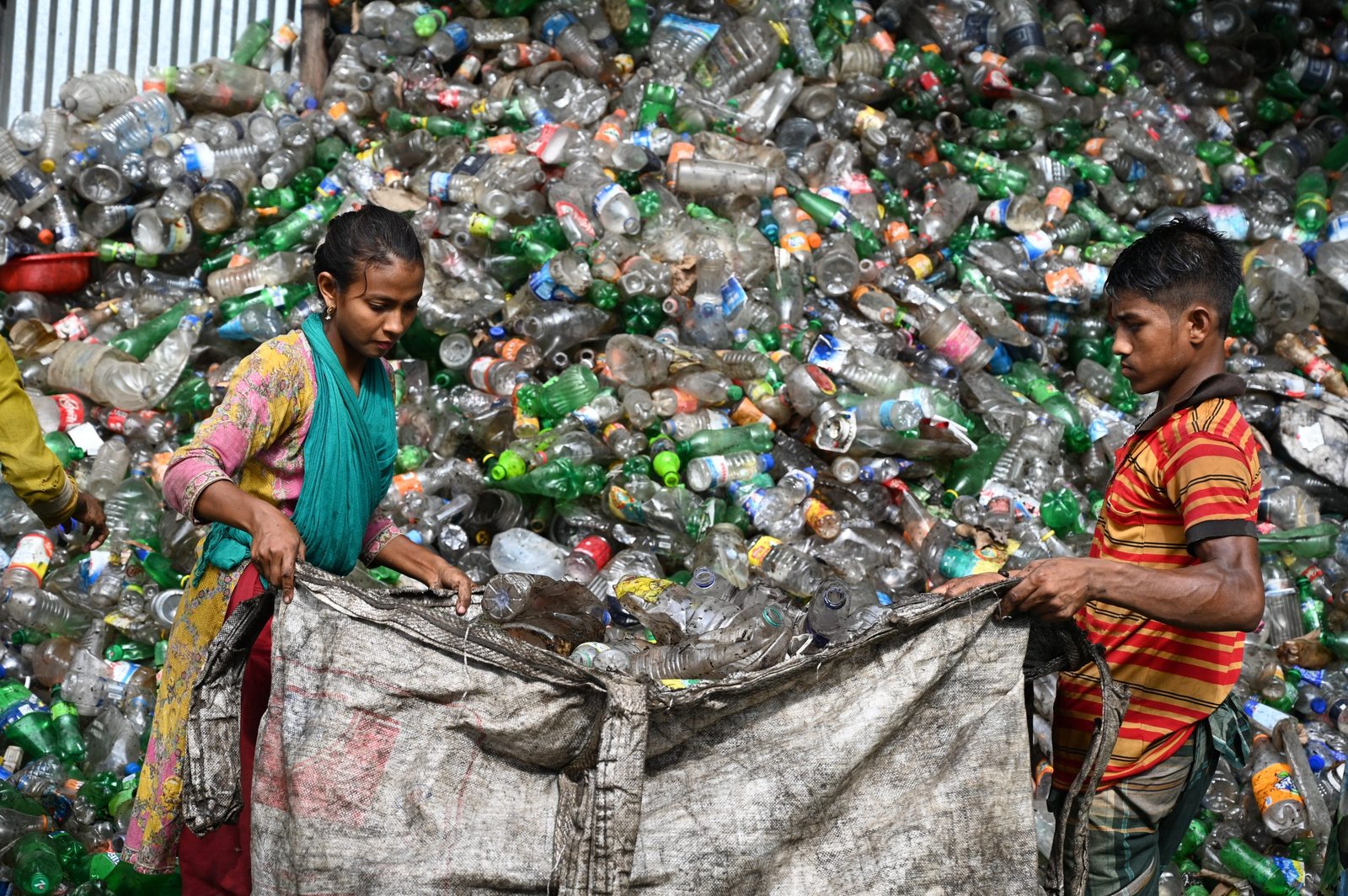In recent weeks, deadly heatwaves have struck Europe, the United States, and China, leaving devastating impacts on lives and livelihoods.
Scientists have now provided compelling evidence that human-caused global heating is directly responsible for these extreme heat events. Failure to address this crisis urgently will lead to even more catastrophic consequences in the future.
The Link Between Global Heating and Deadly Heatwaves
Research conducted by leading climate scientists has revealed that these heatwaves would have been virtually impossible without the global heating caused by burning fossil fuels.
Greenhouse gas emissions, driven by human activities, have intensified these heat events.
The study found that global heating made the heatwaves 2.5°C hotter in Europe, 2°C hotter in North America, and 1°C hotter in China compared to the world without human-induced climate change.
Escalating Frequency and Severity
As emissions continue to rise, the frequency and intensity of deadly heatwaves will worsen. The study predicts that if the global temperature rises by 2°C, these extreme heat events will occur every two to five years. This grim reality emphasizes the urgent need to take action and cut emissions to prevent such a future.
The Urgency of the Situation
The consequences of the climate crisis are already evident, with heatwaves taking away lives and livelihoods across the world. The report warns that the future effects will be even worse than previously thought.
“For any given future warming level, many climate-related risks are higher than [previously] assessed.” The window of opportunity to secure a livable and sustainable future for all is rapidly closing, and the choices and actions taken in this decade will have significant impacts for thousands of years.
Addressing the Crisis
To avert the worst impacts, it is imperative to peak greenhouse gas emissions no later than 2025 and subsequently make substantial global reductions.
However, the 1.5°C goal to limit temperature rise appears difficult to achieve. Nevertheless, every effort to cut emissions will reduce the risks of devastating consequences and irreversible changes in the climate system.
A Crisis of Injustice
The climate crisis is fundamentally an issue of injustice. The report highlights that “The 10% of households with the highest per capita emissions contribute 34-45% of global consumption-based emissions, while the bottom 50% contribute 13-15%.”
Addressing income and gender inequalities is essential to combat the climate emergency, as social trust is required for transformative change.
Incompatible with Fossil Fuel Developments
The report makes it clear that new fossil fuel projects are entirely incompatible with achieving net-zero emissions.
Existing fossil fuel infrastructure already surpasses the carbon budget allowable for a 1.5°C limit.
Without early shutdowns or effective carbon capture technology, these projects jeopardize the planet’s chances of avoiding catastrophic warming.
Emphasizing Feasible Solutions
Effective and low-cost options for emissions reduction and adaptation are already available. Utilizing renewable energy sources such as solar and wind power, implementing energy-efficient practices, cutting methane emissions, and halting deforestation are key strategies to combat climate change.
Overcoming Challenges
While the scale of the changes needed is unprecedented, there is sufficient global capital to invest in these transformations. Overcoming barriers to redirecting financial flows toward climate action will be critical. The costs of climate action are outweighed by the damages that unchecked climate change will inflict.
The world at crossroads
The world stands at a climate crossroads, and the choices made in the next few years will shape the fate of humanity for millennia.
Acknowledging and acting upon the link between human-caused global heating and deadly heatwaves is essential.
Urgent action to cut emissions, address injustices, and invest in sustainable practices is crucial to secure a livable and equitable future for all.
The time to act is now, and global cooperation and commitment are essential to combat this pressing crisis.
The scientific community and the world’s governments must come together to embrace bold solutions and take immediate action to ensure a safe and healthy future for generations to come.










